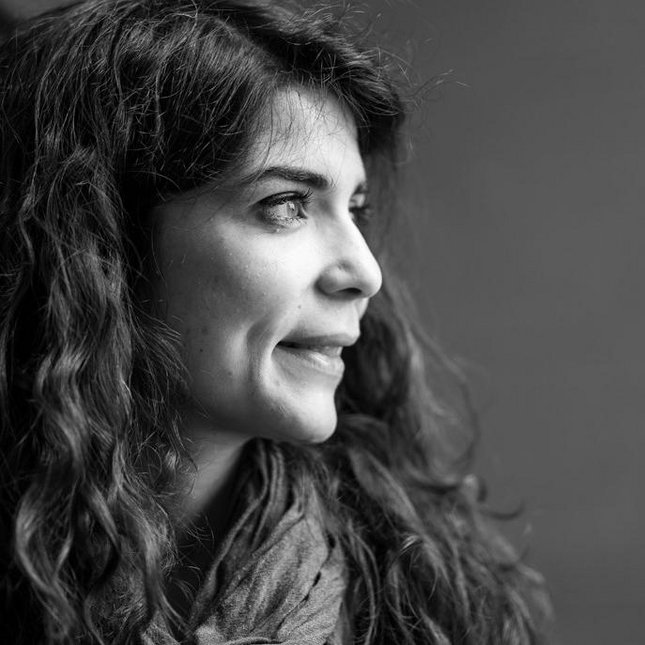
How are you connected to TU/e?
I have a temporary position as an assistant professor in the Signal Processing Systems (SPS) group of the Department of Electrical Engineering. I’m part of the Biomedical Diagnostics Research Lab there. I carry out research into the better diagnosis of prostate cancer with the help of Artificial Intelligence (AI).
Why did you choose to contribute to the diagnosis of this disease in particular?
Prostate cancer is one of the most common forms of cancer in men. Due to the ageing of the population, we will have to deal with this disease more and more as a society over the coming years. It may be an exclusively male disease but it can affect all of us: our fathers, brothers and husbands can all get it.
The figures don’t lie: 1 in 7 men get it. It’s a slow-growing tumor that fortunately has excellent chances of healing completely – as long as we get there quickly before it spreads. So, we can beat it if we can make a good , timely diagnosis. I want to focus my efforts on increasing the chances of this.
Can you give an example of future applications for your work?
It is still too early to give precise details, but I can imagine that it will lead to a tool that could help doctors to make decisions, such as locating abnormal tissue and identifying its risks. Another aspect will be giving the doctor more certainty when either making a diagnosis or proposing further examinations. Once the diagnosis has been made, such a tool could propose a treatment strategy.
Looking far into the future, do you think that Artificial Intelligence will make the diagnosis independently?
The way I see it, this is not a replacement for humans but rather a powerful tool in the hands of doctors. When diagnosing tumors, Artificial Intelligence could offer doctors numerous insights based on an integral analysis of many different sources of clinical data. That amount of information that can be computed in this way would be impossible for humans to process. Research has already been done into the diagnostic capabilities of Artificial Intelligence versus those of doctors. Results show that a combination of humans knowledge and machines learning gives the best results.
What makes your work so important?
Because the goal is to improve the diagnosis and treatment of one of the most common diseases in the world. Perhaps even more importantly, we are shifting the paradigm from a one size fits all approach to precision treatment. Every patient will get the approach that best fits them.
How has your work benefited from the University Fund?
The fund administers and manages a donation from the Hanarth Fonds.
In your opinion, why is the University Fund important?
They arrange everything so that I can focus on my work. Funds like our University Fund make it easy for companies and individuals to give so that we can do what we do best and concentrate on the science.
“We can beat prostate cancer with a good, quick diagnosis.”